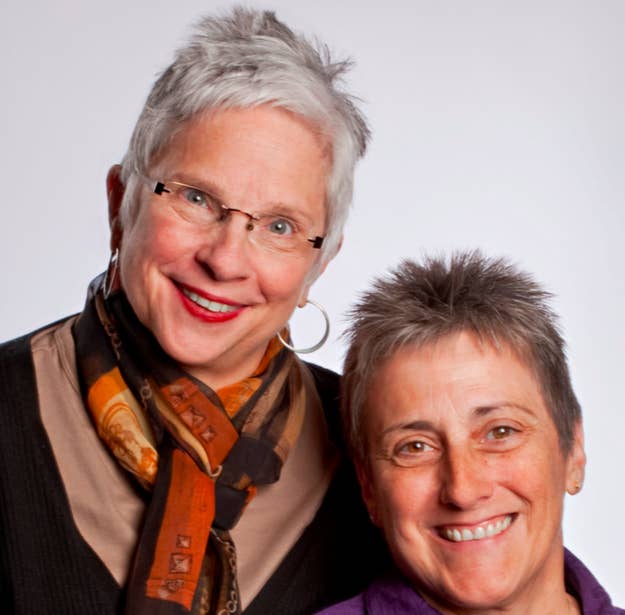
In a sign of the growing anticipation over an expected Supreme Court showdown over whether Congress has the power to decide not to recognize same-sex couples' marriages, an LGBT legal advocacy group today presented the court with a fourth case from which it could decide the issue.
Since the House Republican leadership first went to the Supreme Court at the end of June, asking it to reverse a federal court of appeals ruling striking down the Defense of Marriage Act's federal definition of "marriage," the Obama administration and several LGBT legal group's have bombarded the court with arguments on the issue.
In an unusual move, however, the groups are arguing not only over whether the law is constitutional but also over which of several cases the Supreme Court should use to decide the issue. There are now four different cases being put forth as the "best" case for the court to use to decide the issue.
Today's filing by Gay & Lesbian Advocates & Defenders, called a petition for a writ of certiorari, asks the Supreme Court to consider the appeal of a case it won at the trial court level on behalf of Joanne Pedersen and several others impacted by DOMA's definition of "marriage" and "spouse" as being limited only to marriages between one man and one woman.
In their case, a federal trial-court judge in Connecticut decided in July "that no conceivable rational basis exists" for DOMA's federal definition of marriage. GLAD had argued successfully that DOMA, which prevents legally married same-sex couples from receiving federal recognition of those marriages, "violates the equal protection principles" guaranteed under the U.S. Constitution.
The House Republican leadership, which has been defending challenges to DOMA since the Obama administration stopped defending the law in February 2011, is asking the Supreme Court to reverse a decision of the federal court of appeals in Boston in a case brought by Nancy Gill and several others. GLAD, in addition to the representing the plaintiffs in today's case, also is representing the plaintiffs in the Gill case.
The two other Supreme Court requests, and the request that is the subject of today's filing, have the unusual posture of coming from cases that have not yet been considered by federal courts of appeals.
The Obama administration, for example, has asked the court to take the Gill case or the case of a federal court employee in California, Karen Golinski. Lambda Legal, another LGBT advocacy group, is backing Golinski's lawsuit. The American Civil Liberties Union, meanwhile, asked the court to take its case, brought by a New York widow, Edith Windsor. Golinski and Windsor won their cases at the trial-court level, but neither have had their appeals decided, which generally occurs before Supreme Court review.
GLAD argued today on behalf of Pedersen and the other plaintiffs in the Connecticut-based case that this fourth case is the best case for the Supreme Court to take:
[T]his particular case is an exceptionally good vehicle for this Court’s review. First, the [plaintiffs] in this case have been disadvantaged by DOMA in a wide variety of different ways that demonstrate the breadth of DOMA’s impact on a range of important, large federal programs (e.g., federal income tax, federal employee and retiree workplace benefits, and Social Security benefits) and important federal statutes (e.g., [Employee Retirement Income Security Act] and [Family and Medical Leave Act]).
DOMA is not a narrow statute that discriminates against gay men and lesbians in discrete contexts, but rather a broad- based enactment whose effects pervade the entire U.S. Code. Because they have been disadvantaged in so many different ways, the Petitioners in this case best represent the range of DOMA’s effects on married gay men and lesbians.
After the court returns from its summer recess, it will look at the filings in all of the DOMA challenges and decide if it will hear any or multiple cases. Because the appeals court decision in Gill’s case struck down the law, most legal experts expect that the court will take at least one of the cases.
